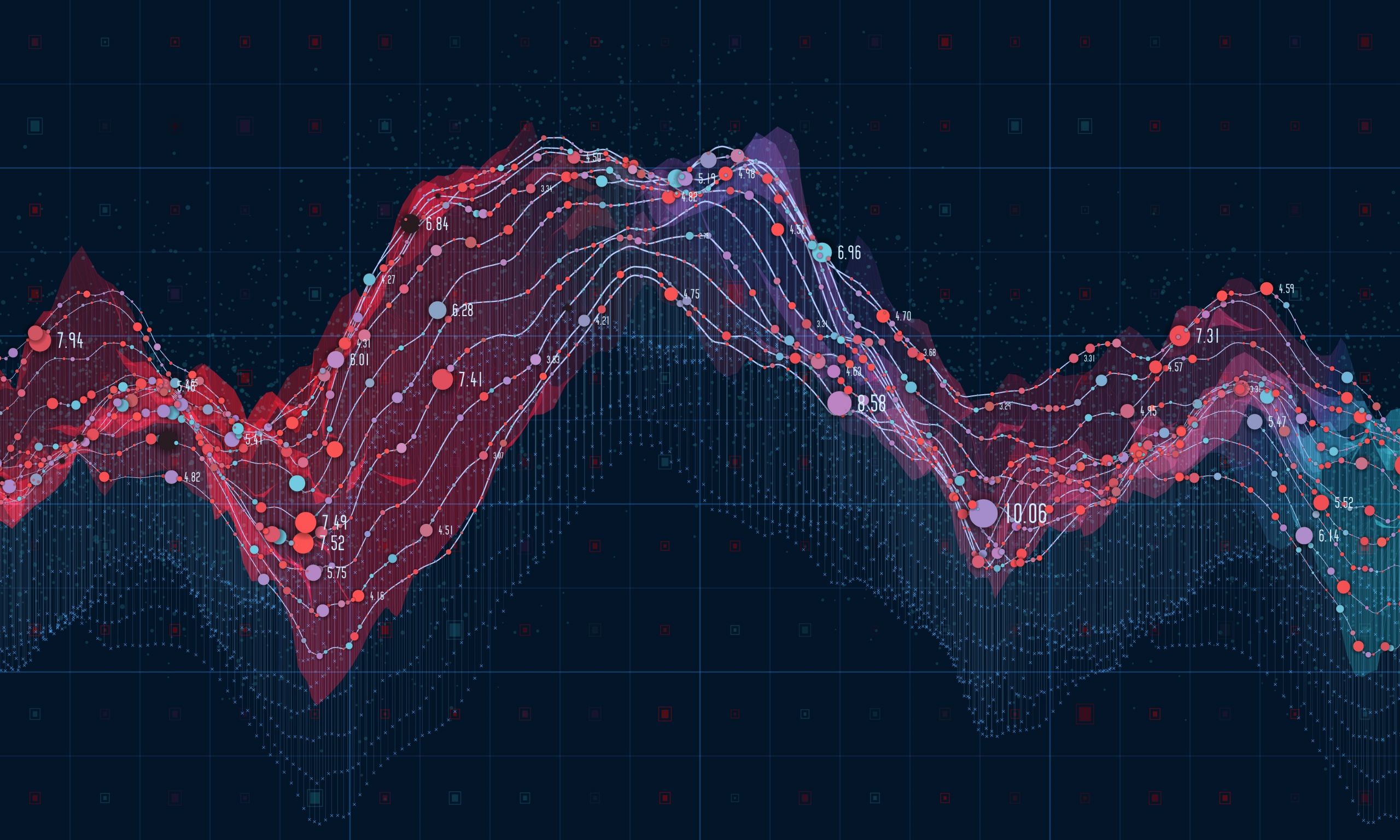(If you are paying by Check or Zelle upfront, then you get the discounted rate of $3200)
STARTS ON SUNDAY, Feb 1, 2026!
AI Agents Bootcamp is an intensive twelve-week program designed to equip AI professionals with cutting-edge skills in Multi AI Agents System creation and execution. This dual-phase course combines theory with hands-on practice, empowering engineers to excel in building and optimizing advanced AI Agent applications for real-world challenges. It comprises in-depth lecture/theory sessions, guided labs for building AI models, quizzes, projects on real-world datasets, guided readings of influential research papers, and discussion groups.STARTS SOON ON MONDAY, DECEMBER 16th, 2024!
This course covers essential techniques for creating insightful visualizations using Python. Over four days, you'll learn to use libraries like matplotlib, seaborn, plotly, altair, folium, and networkx to create line charts, bar charts, scatter plots, maps, and network graphs. You’ll also dive into advanced topics like interactive visualizations, the Grammar of Graphics, and recreating iconic visualizations. Hands-on labs and assignments ensure you practice each concept, preparing you to transform data into compelling visual stories for real-world applications.STARTS SOON ON MONDAY, DECEMBER 9th, 2024!
This data wrangling with Python course covers essential techniques for cleaning, transforming, and preparing data for analysis. Over four days, you'll learn how to use pandas and NumPy for data manipulation, master data assembly, and manipulate strings and DateTime. The course also delves into tidy data strategies, handling missing values, and data preprocessing for machine learning with Scikit-Learn. Hands-on labs and homework assignments ensure you practice each concept, making you proficient in preparing data for real-world projects and machine learning applications






